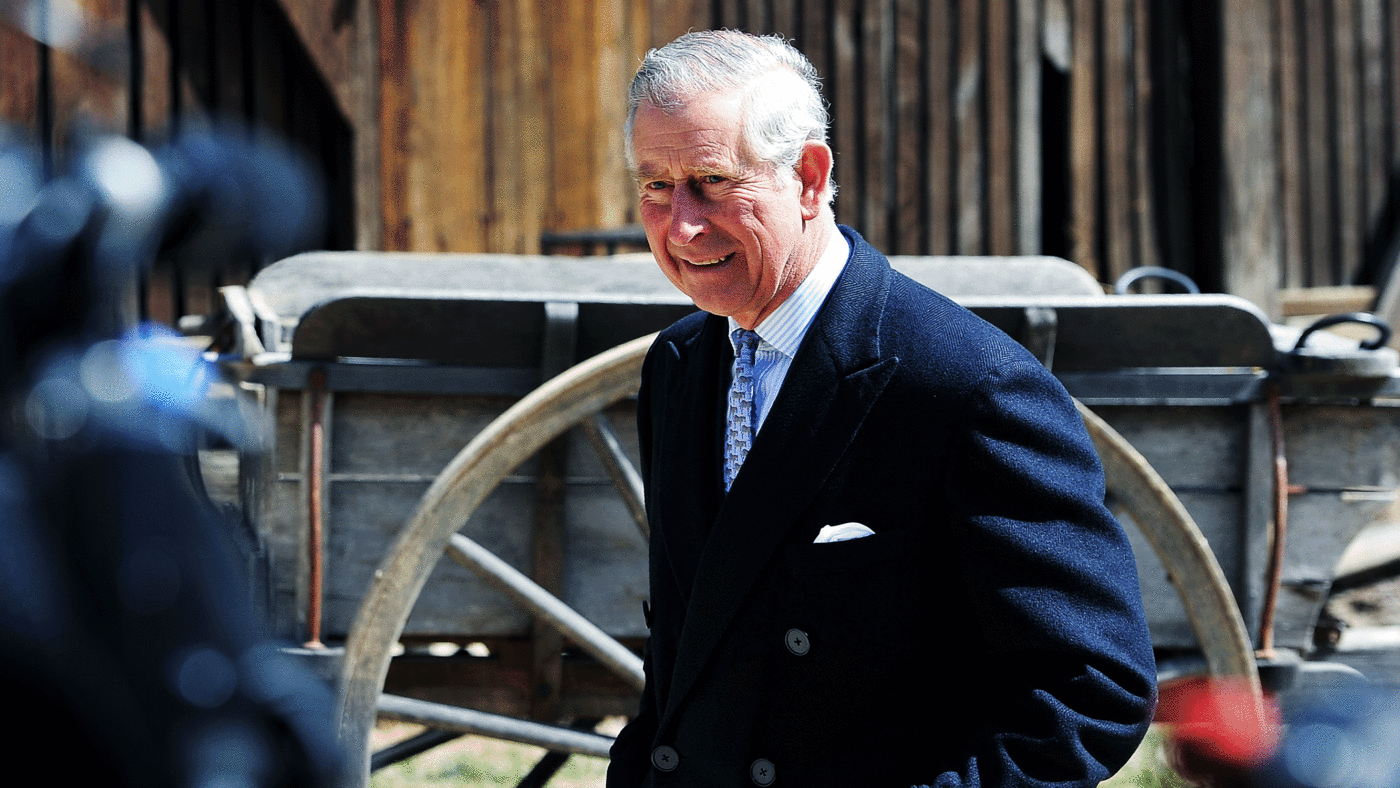Prince Charles, bless ‘im, has decided to get on the wrong side of another environmental debate. This time, HRH has written an Observer op-ed explaining that small farmers are very important and must be continue to be subsidised to survive. The European Union has – as usual – got on that same incorrect side of the argument. The subsidy system must be reformed in order to keep all those small farms going.
The problem with retaining peasant-sized farms is that the farmers will have, by necessity, the incomes of peasants.
It goes back to one of the biggest questions in all of economics, even all of history: What the hell happened in 1750? The answer is that we moved away from subsistence agriculture on whatever scraps of land we could get hold of to indoor jobs with less heavy lifting, kickstarting the Industrial Revolution. True, it didn’t happen all in that one year – it’s still a work in progress, as hundreds of millions still living in poverty could tell us. But not being reliant upon value added to small areas of land has raised living standards for us all. Insisting that we retain this ancient method of scraping a livelihood from the ground is simply not sensible.
The total incomes made from British farming – and this includes subsidies and higher prices from trade restrictions – are around the £5.2 billion mark. There are some 17.6 million hectares of farmland out there. Simple division tells us that the income to be gained from farming the one hectare is around the £300 mark. The UK median salary is now a shade over £30,000 a year, so you’d have to farm some 100 hectares – 250 acres in real measurements – to reach just the average.
Small farms simply do not adequately fulfil the purpose of any economic activity, which is to provide a worthwhile living to the person having to do all the work. Not because there’s anything wrong with farming methods, not because we’ve all got a downer on those who gambol with lambs, simply because everything else is now so much more productive that living standards are higher than can be achieved from this activity.
We can increase those incomes. We could have tariffs at the borders to make any incoming food grossly more expensive to the benefit of our domestic farmers. We could simply send money to the people who own farmland in order to increase their incomes. The problem is that we already do both of these – it costs us considerable sums each year and makes us all poorer. There does come a point when we must decide to stop subsidising activities a century or three out of date – as the National Union of Buggy Whip Makers is no longer around to remind us.
Small scale farming is picturesque, historic and even charming. The problem with medieval style of farms is that those who own them will end up with the incomes of serfs. Time for the rest of us to stop condemning the rural folks to that sort of poverty. Far from supporting small farms we should lock them out of whatever subsidy system we regretfully decide to retain. No support at all for anything less than an economically viable size – say, 250 acres. The benefit of this would be that farms which are big enough to support themselves don’t need subsidies at all, so we can be done with the whole outdated and costly regime.
Click here to subscribe to our daily briefing – the best pieces from CapX and across the web.
CapX depends on the generosity of its readers. If you value what we do, please consider making a donation.


